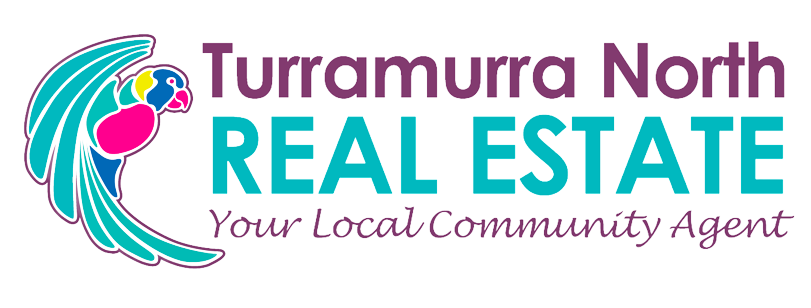
When you are looking for finance to purchase a home, a term you will encounter is ‘the comparison rate’.
Many people don’t find out what this means, instead, simply relying on their mortgage broker or banker to organise the best deal possible. However, it pays to understand what it is about because that term ‘comparison rate’ has made a major contribution to tidying up home financing.
You see the term ‘comparison rate’ in advertisements and in product disclosure statements of financial institutions, along with the fixed or variable rates being offered. Essentially, a comparison rate is a rate that all lenders by law (made compulsory in 2003) must display next to their advertised interest rates to prevent financial institutions advertising low interest rates, and then hitting consumers with high hidden fees
In effect the comparison rate is a way to help consumers identify the true cost of a loan. By having the comparison rate available, a borrower can compare loans from different lenders to ascertain the best deal. So essentially, what it gives is not just the interest rate on the loan but also the charges such as application and loan establishment fees, account keeping fees and so on. The actual rate and the comparison rate usually only differ by a few points of a percent, but sometimes by as much as 1.5%.
It is important to note that the system on which it works is somewhat dated. Comparison rates on home loans are usually worked out based on a loan of $150,000 over 25 years so it is not all that accurate if you are taking for example, a $500,000 loan over a period of 30 years. Nevertheless it is a guide.
If you would like to know exactly what your interest rate with costs will work out to be, you can use a comparison rate calculator on-line. In using this you will need the following information: loan amount, loan term, repayment frequency, interest rate, monthly account fee (if any,) annual fee (if any), establishment fee (if any), valuation fee (if any), mortgage documentation fee (if any) and settlement fee.
